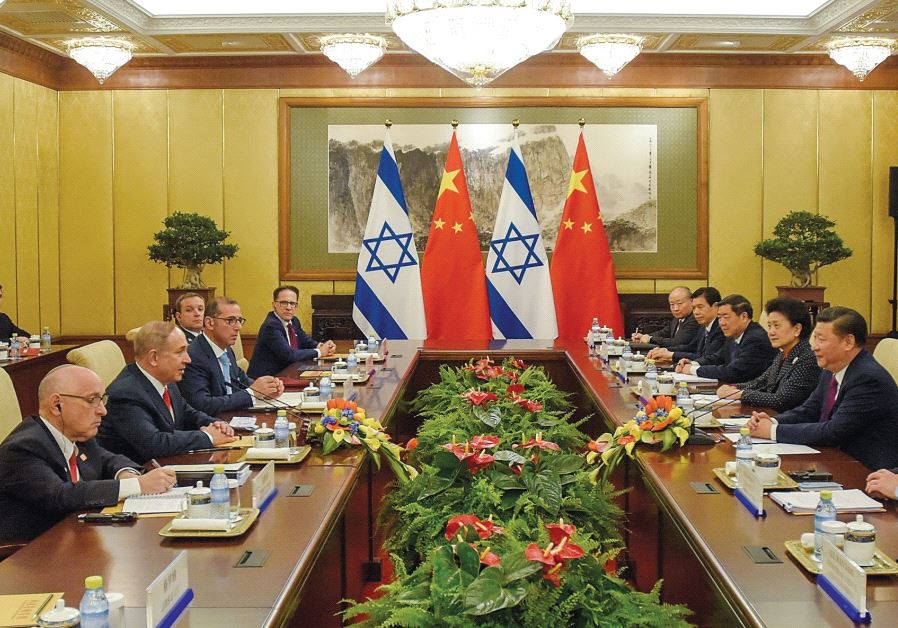‘Two sessions’ boost China-Israel relations
Socialism with Chinese Characteristics is suited to realities in China and has won the support of the Chinese people.
 Prime Minister Benjamin Netanyahu meets with Chinese President Xi Jinping in Beijing on March 21
Prime Minister Benjamin Netanyahu meets with Chinese President Xi Jinping in Beijing on March 21